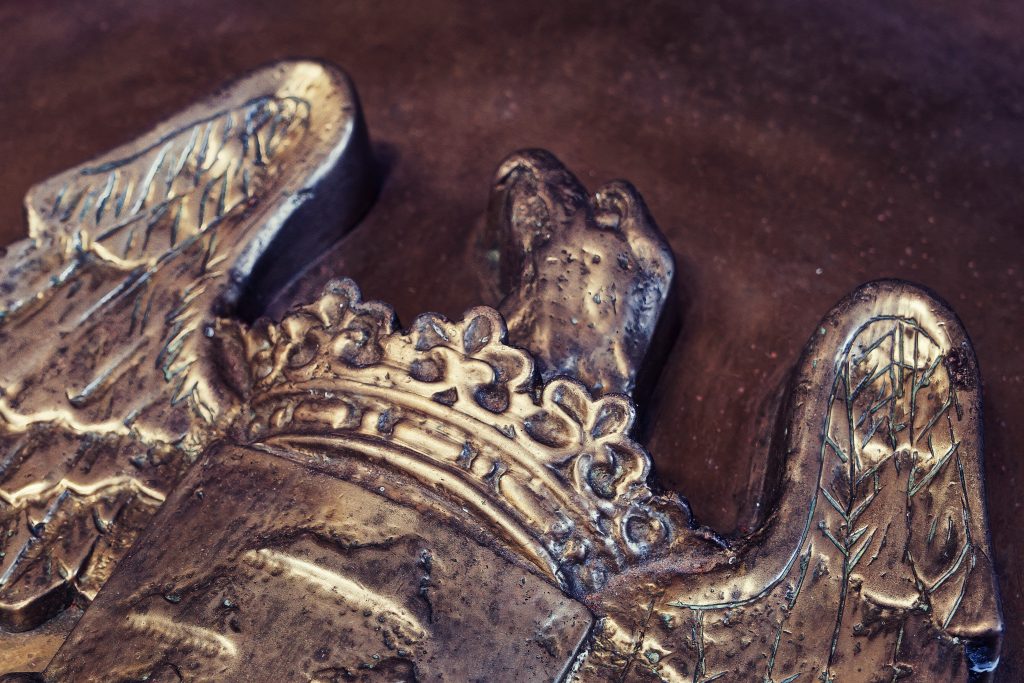A Heartfelt Moment at the Democratic National Convention: The Story of Gus Walz
In a poignant moment at the Democratic National Convention, Tim Walz, the Governor of Minnesota, shared a touching bond with his son, Gus, who has a nonverbal learning disorder (NVLD). This heartfelt display of family love and pride resonated with many viewers, showcasing the importance of representation for individuals with disabilities in the political arena. As Gus took center stage alongside his father, he became a symbol of hope for millions of parents whose children face similar challenges. NVLD, which affects spatial-visual skills and social interactions, is a condition that impacts nearly three million children and adolescents across North America. Despite the challenges it presents, Gus's presence at such a significant event highlighted the need for greater advocacy and understanding of learning disabilities. While Tim Walz accepted the Democratic vice presidential nomination, he did not explicitly mention disabilities in his speech, yet Gus's unfiltered joy and pride provided a powerful narrative that resonated with many. His mere presence served as a reminder that every child deserves to be seen and heard, regardless of their differences. The emotional moment was further amplified by the criticism directed towards public figures who mocked Gus’s behavior. Such reactions underline the necessity for greater awareness and sensitivity towards those with learning disorders. The Walz family's experience reflects a broader societal need for advocacy, support, and acceptance of individuals who are different. As discussions around disability rights continue to gain momentum, the hope is that the voices of families like the Walzes will encourage future leaders to prioritize inclusivity and accessibility in policy-making. Gus Walz's story not only sheds light on the challenges faced by those with NVLD but also serves as a beacon of hope for families navigating similar journeys. In a political landscape where representation matters, Gus's moment at the convention may very well mark a pivotal point for disability advocacy in America. It raises important questions about how political leaders can better support families facing unique challenges. The emotional connection shared between Tim and Gus reminds us of the importance of empathy in leadership and the profound impact of personal stories on public discourse. As we look ahead, the aspiration is for more politicians to embrace the stories of families with disabilities, ensuring that their needs and voices are prioritized in national conversations.











